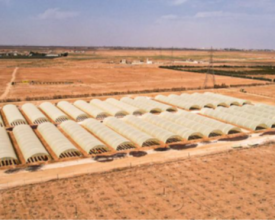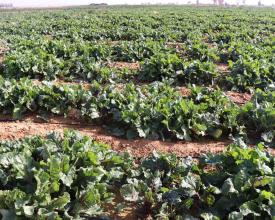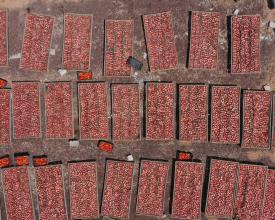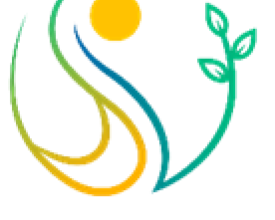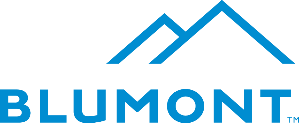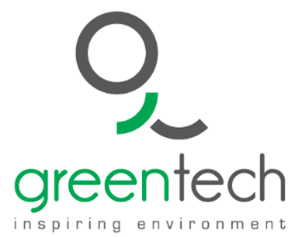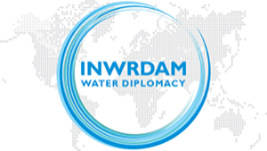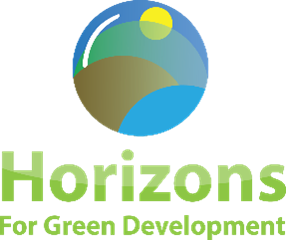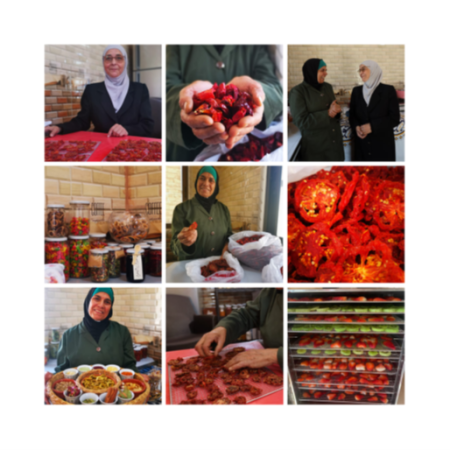
Jordan's Smart DESERT project: Sustainable Agriculture for Resilient Livelihoods and Economic Empowerment
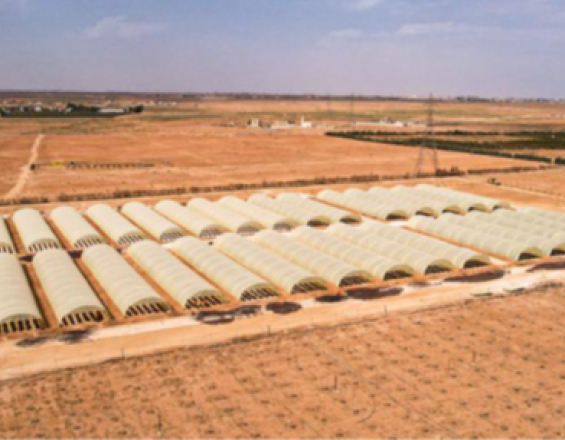
The Smart DESERT project was funded by the French Development Agency (AFD) with a total budget of EUR 10 million and implemented by a consortium of organisations led by IUCN ROWA, targeting the area of the North-East Badia highlands in Jordan. The project was designed to achieve two key objectives: (1) increased year-round income and (2) improved work conditions, with an overarching goal of economic empowerment of Syrian refugees and vulnerable Jordanians in the agricultural sector.
The project addresses key challenges such as water scarcity, land degradation, rural unemployment, and limited market access. By introducing water harvesting systems, regenerative agriculture practices, and digital tools, Smart DESERT helps farmers improve productivity, conserve natural resources, and build climate resilience. It also supports the creation of home-based agribusinesses and facilitates connections to markets and finance.
Context
Challenges addressed
The Smart DESERT Project in Jordan has successfully addressed some of the most persistent and deeply rooted challenges faced by rural communities in arid and semi-arid regions. These include sustainable agriculture constraints, water scarcity, youth unemployment, and the limited economic participation of women. By applying an integrated, inclusive, and community-driven approach, the project implemented innovative, practical, and sustainable solutions that have led to meaningful transformation in the lives and livelihoods of participating communities.
Challenges:
- Water scarcity
- Youth unemployment and gender inequality
- Unsustainable agricultural practices, e.g. monocropping, excessive use of chemicals
- Limited digital literacy, technology adoption, particularly among older and remote farming populations
- Institutional fragmentation, lack of coordination
- Slow adoption of innovative practices due to scepticism, low risk tolerance, lack of awareness
- Limited ability of poor households to invest in sustainable practices, technologies
Location
Process
Summary of the process
- The farming cluster of several agricultural units is set up in a single location, where cultivation and fertigation are unified. Therefore, all final products have a similar quality and decent working conditions are straightforward in such a setting.
- In principle, each agricultural unit within the farming cluster is managed by an individual farmer; this includes daily operations for the entire cultivation cycle. Here, establishing the social enterprise Smart Desert Company provided technical advice to the farmers. The post-harvest activities are managed by the company prior to selling the products to national and international off takers.
- Water harvesting enables sustainable agricultural production by ensuring reliable access to irrigation, particularly in dry seasons. This complements capacity building in sustainable farming, which boosts productivity and soil health.
- Capacity building provides women with the skills and confidence to operate small businesses, while access to finance enables them to put that knowledge into practice by investing in equipment and raw materials. Technology and equipment support increases production efficiency and quality, which, when combined with improved market access, enhances income potential.
Building Blocks
Farming Clusters
The clustering of farms is a modality that was adopted for the establishment of new farming activities. A farming cluster is a group of agricultural units adjoined on one site. This was designed to overcome many obstacles that individual farmers face, such as high transportation costs, fluctuating market prices, and a lack of technical capacities to address issues arising during the operation of relatively new agricultural technologies.
The farming clusters in Al Za'atari and Al Serhan municipalities in Al Mafraq Governorate (Northern Jordan), comprise a set of 58 agricultural units adjoined in two sites with a total approximate area of 60,000 m². Such a setup enables selling the products of all farmers at once to large business off-takers, thus reducing transportation costs and allowing all farm to management components to get the same quality of products.
The agricultural units are greenhouses equipped with internal soilless-culture systems and powered by solar energy, while the products are sold through a project spin-off company, named after the project (Smart DESERT Company). All farmers follow the same working steps, and conditions are controlled to the highest extent possible.
Greenhouses are equipped with internal systems for soilless-culture systems that are fully functional and produce various crops. Such a system enables the collection of return irrigation water in basins, providing an opportunity to circulate this water to irrigate the surrounding trees and an open cultivation plot.
Enabling factors
- Day-to-day follow-up for operation and maintenance needs
- Market linkages
- Post-harvest activities
Lesson learned
- The soilless-culture systems have proved to have higher productivity and lower water consumption compared with traditional protected agriculture.
- The farming clusters' modality significantly reduces resource consumption and maximises production.
- Hands-on agricultural skills are optimally taught on-site.
- Selection of crops should consider agroecological conditions in the target area and the market demands.
Establishment of a social enterprise company
The Smart Desert Company was established as a social enterprise to support vulnerable farmers and home-based business owners by providing them with the necessary training, helping them get the required certifications, improving their operations to receive sustainable income, and buying their products for the highest possible prices.
To help achieve its mission, the company signed several Public-Private-Partnership (PPP) agreements with governmental entities. Besides, several agreements were signed with off-takers to ensure the sale of all products by farmers and Home-based Business beneficiaries.
The company's achievements also extended to contract farming with farmers who work in the farming clusters. More specifically, the company provides the farms with the production inputs and closely monitors the daily operations to ensure harvesting a marketable product at the end of the cultivation cycle. It is imperative to highlight that the company proactively designs cropping calendars that best fit the local conditions of the area, as well as the market demands.
Enabling factors
- Solid market analysis
- Public-Private-Partnerships
- Stakeholder engagement
Lesson learned
- Social enterprises can play a crucial role in bridging the gap between the products and the market.
- Setting the enabling environment for decent work conditions and contractual arrangements with the beneficiaries of the social enterprise is pivotal for its sustainability.
- A demand-driven approach to planning agricultural production ensures 'Quick wins' for the beneficiaries of the social enterprise.
Sustainable Agriculture and Water Harvesting
As part of our responsible commitment toward nature and the environment, the Smart DESERT project integrates sustainable agriculture and water harvesting techniques. These approaches are designed to optimise resource use, reduce environmental impact, and enhance resilience to climate change. Sustainable agriculture practices include the use of soilless cultivation systems, solar-powered greenhouses, and crop selection based on agroecological conditions. Water harvesting is implemented through the collection and reuse of irrigation water, contributing to efficient water management in a region facing severe water scarcity. Together, these practices support long-term environmental stewardship and promote ecological balance in the North-East Badia Highlands of Jordan.
When farmers have access to inputs and are linked to markets, the productivity gains translate into income and improved livelihoods. Community engagement and supportive policies provide a foundation for scale and sustainability. Digital tools act as cross-cutting enablers, linking knowledge, water management, and markets. In the Smart DESERT project, these interconnected elements work together to create climate-resilient communities and sustainable economic opportunities.
Enabling factors
- Access to resources
- Land management support
- Community engagement
- Water infrastructure
- Knowledge and skills
Lesson learned
- In water-scarce areas, effective harvesting systems are a precondition for any sustainable agricultural activity.
- Interventions are most successful when community members are involved in the design, construction, and maintenance of systems.
- Water harvesting alone is insufficient—must be combined with soil health, crop rotation, and organic inputs to maximise yield.
- Engaging women in training and planning increases adoption and community-wide benefits.
- Short-term projects often fail to maintain infrastructure—long-term technical support and monitoring are crucial.
Women Empowerment
The Smart DESERT project has significantly contributed to livelihood improvement and the promotion of decent work conditions, particularly through the empowerment of women via home-based businesses in agriculture and food processing. These businesses, often led by women from host communities and refugee populations, received targeted support including technical training, access to equipment, and market linkages. This enabled them to produce high-quality agricultural and food products, generate sustainable income, and improve their working environments. The initiative also fostered gender equality by encouraging women's participation in economic activities and enhancing their roles in community development. Through these efforts, the project has helped build resilient livelihoods and promoted inclusive growth in the region.
In the Smart DESERT project for women empowerment, the key success factors for empowering women through home-based agricultural and food processing businesses are deeply interconnected and collectively contribute to sustainable outcomes. Capacity building provides women with the skills and confidence to operate small businesses, while access to finance enables them to put that knowledge into practice by investing in equipment and raw materials. Technology and equipment support increases production efficiency and quality, which, when combined with improved market access, enhances income potential. Social and institutional support through cooperatives and family engagement creates a safe and motivating environment for women to participate actively in economic life. Policy and legal frameworks ease bureaucratic burdens and legitimise home-based operations, while time-saving infrastructure such as water access and childcare frees up women’s time for productive work. Finally, networking and peer learning amplify all these factors by creating platforms for experience-sharing and collective problem-solving. Together, these components form a reinforcing system that builds women's economic resilience, self-reliance, and leadership in their communities.
Enabling factors
- Capacity building
- Social and institutional support
- Networking and peer learning
- Market accessibility
Lesson learned
- Women are more likely to succeed when interventions begin at a manageable scale and gradually scale up with demonstrated success and confidence.
- Empowerment is strongest when technical training, access to finance, market support, and social empowerment are provided together.
- Respecting local traditions and involving male family members in awareness sessions improves acceptance of women’s roles in income generation.
Impacts
Smart DESERT has proven that sustainable development in drylands is possible when water, agriculture, technology, and inclusion are addressed holistically. The project created a replicable model that strengthens rural economies while restoring ecosystems and empowering communities, especially women and youth, to lead change.
Smart DESERT project's interventions resulted in achieving five main outputs, as follows:
(1) Improved regularity of income
(2) Improved technical capacities,
(3) Improved living and working conditions,
(4) Improved business operations and market linkages,
(5) Increased awareness and respect for labour rights.
These outputs led to increased year-round income and improved work conditions for vulnerable farmers and farm workers, thereby contributing to the economic empowerment of Syrian refugees and vulnerable Jordanians working in agriculture in the northern highlands.
Beneficiaries
Overall, through soft and hard activities, Smart DESERT project directly benefited around 12,000 individuals from Jordanian host communities and Syrian refugees in the North-East Badia highlands in Jordan.
Global Biodiversity Framework (GBF)
Sustainable Development Goals
Story

Hanan and Aysha met at a Smart DESERT training and quickly became friends. When they discovered the overlap in their business goals, they decided to join forces.
"Our businesses and vision are similar," said Hanan. "So we decided to start a partnership making dried fruits and vegetables, spices, and pickled products."
Together, they started a new venture called Khayrat al Sahara, an Arabic phrase which translates to "the blessings of the desert." In the Smart Desert training, they learned how to manage their business, price their products, and expand their reach. The project's team helped Hanan and Aysha li-cense the business and open a small shop in Rihab, Jordan. The central location of the store allowed them to reach more customers and deliver products throughout the Kingdom.
"We used to work seasonally," said Aysha. "Now we have a fridge and dehydrator to support year-round production. We can also buy larger quantities of fruits and vegetables which saves us money and effort." In the new partnership, Hanan handles the business administration and Aysha focuses on developing new products. "What really made a difference for us is the business training we received" the women shared.
Hanan and Aysha's business continues to grow. They are participating in local bazaars and selling products in other stores. The friends and business partners hope to build on all they've achieved and open more of their own shops in the future.
